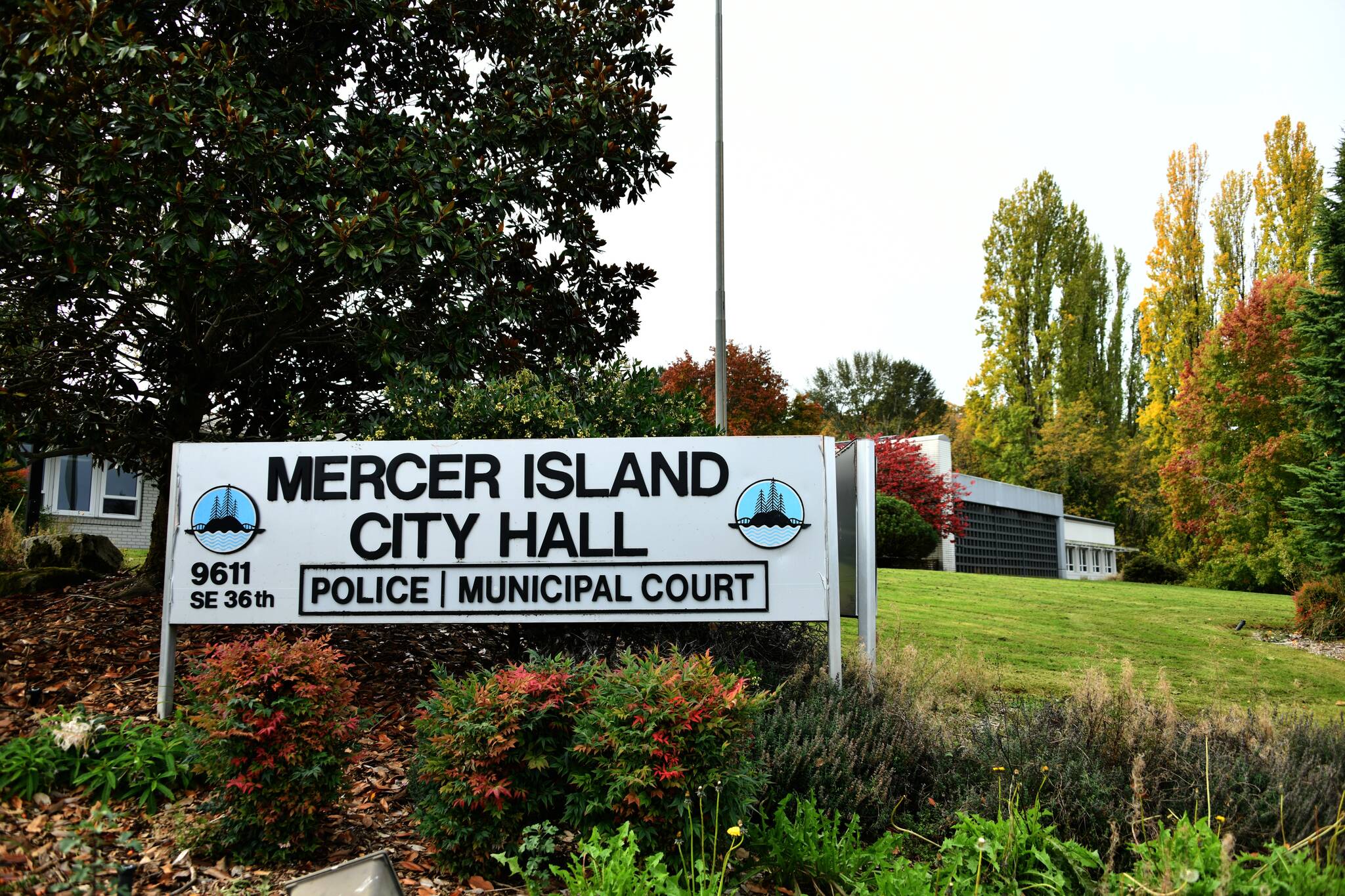United States Department of Agriculture (USDA) Wildlife Services Division experts located and removed two coyotes from Mercer Island on Feb. 17 that they spotted “displaying increased comfortability around humans and homes,” according to the city.
“The USDA experts determined that removal of these animals was needed under current guidelines, and the two coyotes were euthanized following USDA protocol,” reads a city update posted on its website.
City Manager Jessi Bon said at city council’s Feb. 1 meeting that since Washington state doesn’t allow coyote relocation, they would have to be euthanized. Bon added that USDA wildlife experts she spoke with advised that the coyotes needed to be removed following five reports of pet attacks and a pair of reports of coyotes stalking residents, as noted in previous Reporter articles.
Following the removal of the coyotes, no further confirmed sightings have been reported, according to the update, which added, “At this time, the experts do not believe additional coyotes are active on the Island.”
USDA staff operated on the Island for the last three weeks analyzing sighting reports and directly observing coyote behavior.
The city asks residents to report any coyote encounters to the Mercer Island Police Department non-emergency number at 425-577-5656, and to call 911 if they are in danger. Residents are also asked to not leave pets unattended, not feed wildlife of any kind, and secure food sources around their homes.
Following the city’s update, which was also posted to its Facebook page, residents were outspoken on the matter. One resident said he was disappointed with the actions taken and added that people need to co-exist with their surroundings. Another Islander said she’s glad the coyotes are gone and thanked the city for taking action.
In early February, the city reconnected with USDA coyote expert Matt Stevens regarding the pet attacks and human stalkings and he returned to the community with colleagues to revisit his analysis after spending time on the Island in November of 2021.
During a virtual community meeting in November with 70 attendees, Stevens said he believed there were at least two — and possibly four — coyotes roaming the Island and he received reports of multiple sightings at that juncture, according to a Reporter article. At the meeting, Stevens said he determined there was no threat to human health and safety at that time.
In his analysis report to the city following his November Island visit, Stevens wrote, “The removal of coyotes from urban environments is not taken lightly by Wildlife Services. For several reasons, capturing and relocating problematic coyotes is not an option in Washington State; first and foremost, it is prohibited by law (WAC 232-12-064). Therefore any removal efforts that take place result in euthanasia of the animal.”
Stevens discussed a seven-point decision model they follow regarding potential coyote removal. Wildlife Services typically recommends removal when the model hits No. 5, which states, “coyotes chasing or taking attended pets, especially during the day.” No. 6 notes, “taking pets on leash and chasing joggers, bikers, etc.”
The first recorded coyote attack on a human in Washington state occurred in 2006 in Bellevue, according to the Washington State Department of Fish and Wildlife in a previous Reporter article. After two coyotes bit two children, the animals were later euthanized, the article noted.


